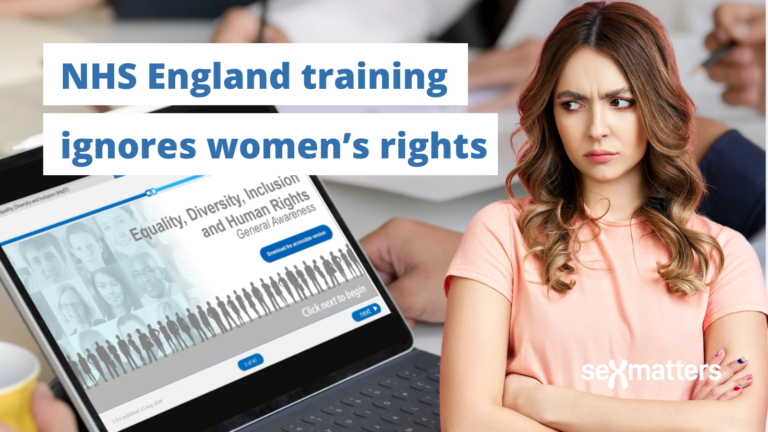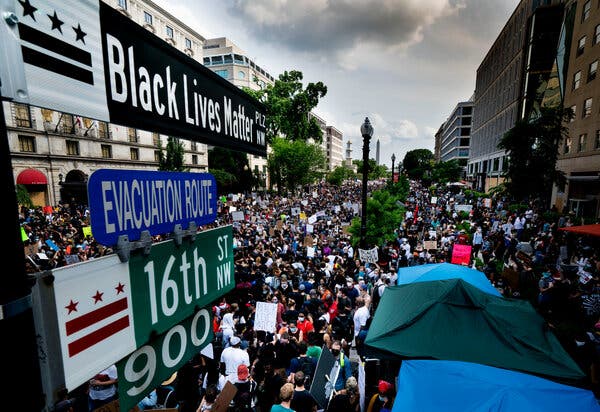Police Investigate Racist Texts Targeting Black Students in PSD
Racist Messages Targeting Black Students Under Police Investigation
In today’s world, where diversity and inclusion are celebrated values, incidents of racism can feel like a punch to the gut. Unfortunately, that gut-wrenching feeling has become all too common, especially when we hear about reports involving our youth in educational environments. Recently, police are investigating hateful messages targeting Black students in Poudre School District (PSD). This disturbing incident raises vital questions about how we can protect our young scholars and create environments where all students feel safe and respected. Let’s unpack what’s happening, the implications of these texts, and what we, as a society, can do moving forward.
The Inciting Incident: What Happened?
News broke that a series of racist messages were sent to several Black students within the Poudre School District. Such abhorrent behavior is not just a minor issue; it resonates deeply within the community, stirring emotions and concerns about student welfare. The district is grappling with how to handle this situation, and you can’t blame them—what do you even say when your students are targeted in such a hateful manner?
Here’s a quick rundown of what’s occurred:
- A number of Black students received racially charged texts.
- The messages were hostile, threatening a sense of security for students and parents alike.
- Local law enforcement began investigating the source of the messages.
- PSD is collaborating with police, emphasizing their commitment to ensure student safety.
Understanding the Impact of Racism on Students
Imagine being a young person, trying to navigate your way through the tumultuous waters of adolescence, only to be confronted with hate and prejudice. The psychology behind racism is multifaceted, and its impact on victims can be both immediate and long-lasting.
Mental Health Consequences
It’s more than just hurtful words; the ramifications can seep into every aspect of a student’s life. Victims of racism may experience:
- Anxiety: Constant worry about encountering hate can make school a landmine of stress.
- Depression: The isolation that comes with feeling targeted can exacerbate feelings of sadness and despair.
- Low Self-Esteem: Repeated exposure to racism can harm one’s self-worth.
Academic Performance Deterioration
When racial hatred infiltrates spaces meant for learning, students may become disengaged. Studies show that students who feel unsafe or targeted are less likely to participate fully an academic environment, which leads to lower grades and diminished prospects.
Recognizing Patterns in Racism
It’s essential to recognize that such incidents aren’t isolated; they signal a larger issue within the community and society at large. The digital landscape amplifies the reach of hate.
The Role of Social Media
With the rapid dissemination of information, social media can act as a double-edged sword. It can be a platform for dialogue and solidarity, but it can also serve as a breeding ground for racism and division. Students who encounter such messages may feel the weight of the world on their shoulders, especially when they see their peers discussing them on various platforms.
Why It Matters
So why should we care? As members of a community, it’s our duty to foster a culture of acceptance and understanding. Racist texts that target any group not only hurt individuals but can also fracture the community fabric that holds us all together.
Building a Community Response
The Poudre School District and local authorities are making strides to tackle this alarming situation head-on. But it’s not solely up to them. Community involvement plays a pivotal role.
What Can We Do?
- Engage in Open Dialogue: Create forums for discussion where students can express their feelings and experiences.
- Educate and Raise Awareness: Incorporate discussions about racism into school curricula to equip students with the tools to understand and challenge discriminatory practices.
- Promote Allyship: Encourage students to stand up and support one another, creating a united front against hate.
Legal Implications: What Are the Consequences?
The legal ramifications of sending racist messages are significant. In many jurisdictions, harassment laws come into play for such behavior. This can lead to:
- Criminal Charges: Depending on the nature of the messages and the jurisdiction, individuals could face criminal charges.
- School Disciplinary Actions: Offenders may face consequences from the school, including suspension or expulsion.
The Role of Law Enforcement
Local police are conducting their investigation to identify the individuals responsible for sending these messages. This isn’t just about penalizing wrongdoers; it’s about restoring a sense of safety for the victims and the community as a whole.
If we can’t protect our young people, we’re compromising not just their futures, but the future of society itself. Ensuring that bullying and harassment don’t fester in schools sets a precedent that resonates beyond school walls.
Looking Forward: Creating an Inclusive Environment
It’s paramount that the community comes together to develop strategies that prevent such incidents in the future. Here are ways to create a more supportive and welcoming environment for all students:
Establishing Anti-Racism Policies
Poudre School District should consider implementing comprehensive anti-racism policies that include:
- Regular Training: Providing teachers and staff with training on cultural competency to enhance sensitivity to the challenges faced by students.
- Clear Reporting Mechanisms: Instituting anonymous reporting systems for students who experience or witness racism.
- Support Groups: Establishing groups for students of color, helping them to connect with peers who share similar experiences.
Encouraging Parental Involvement
Parents hold a powerful influence in shaping the values and attitudes of their children. Engaging parents in conversations about racism promotes understanding and change at home.
- Parent-Teacher Meetings: Use these gatherings to discuss diversity initiatives.
- Community Workshops: Offer workshops aimed at educating parents about the impact of their words and actions on their children.
Conclusion
No community should have to grapple with the pain that racism brings, especially where our children are involved. The situation surrounding the Poudre School District is a wake-up call for us all—asking us to come together, learn from one another, and take a stand against hatred in all its forms. We must strive not only to respond to incidents of hate but to proactively cultivate environments where every student feels safe and respected. If we can unite as a community to tackle these issues head-on, we can foster a brighter, more inclusive future for our children.
FAQs
1. What steps can schools take to prevent incidents of racism?
Schools can enact anti-racism policies, promote awareness through education, and facilitate open dialogues among students and staff.
2. How can students support one another in cases of bullying?
Students can create a safe space for discussions, encourage reporting incidents, and stand together against discriminatory behavior.
3. What role do parents play in combating racism in schools?
Parents can educate their children about diversity, participate in school activities that promote inclusion, and engage in conversations about racism.
4. Are there legal implications for sending racist messages?
Yes, individuals could face criminal charges under harassment laws and disciplinary actions from their school.
5. How can law enforcement engage with schools to address racism?
Law enforcement can collaborate with schools to provide resources for prevention, conduct workshops, and foster open communication regarding safety concerns.







